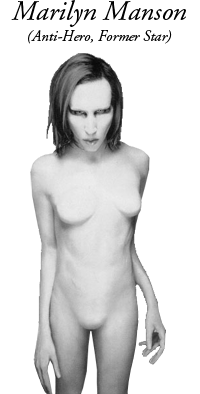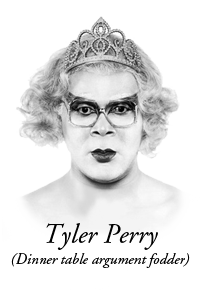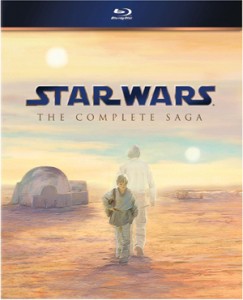Indeed everything that has a beginning has an ending, and how we choose to confront the challenges that come with existence define how that ending is resolved. In peace or in death. But the Matrix Trilogy doesn’t tell you that outright. It asks you to assemble the parts yourself and hopefully arrive at the same conclusion. But that might have been asking a bit much of its audience. Especially in the fall of 2003.
It takes a trilogy of posts to defend a controversial and series like The Matrix Trilogy. It would seem moral relativism has invaded Zion. One might guess this will play an important part in where this saga goes from here.
What follows is Part Two in Michael Bird’s column The Contrarian.
The Matrix Trilogy is a misunderstood triumph. We like our conflict between two sides: good and evil. When moral imperatives becomes moral relativism, you have a formula for confusion.
It takes a trilogy of posts to defend a controversial and series like The Matrix Trilogy.
What follows is Part One in Michael Bird’s column The Contrarian.
If you’re the kind of asshole who takes delight in telling your aunt she’s an idiot for liking Tyler Perry films, you probably needn’t bother reading this column.
The Contrarian’s take on the Star Wars saga, out now on Blu-ray, with many changes by George Lucas.
The following is carefully considered comparison of 1982’s “Tron” and the 2010 “Tron Legacy,” written by new Scene-Stealers contributor Michael Bird. Enjoy! – Eric Anthropomorphism — that is ascribing human characteristics to entities that would not normally carry them — is a constant in the history of literature and art and especially film. It is […]









